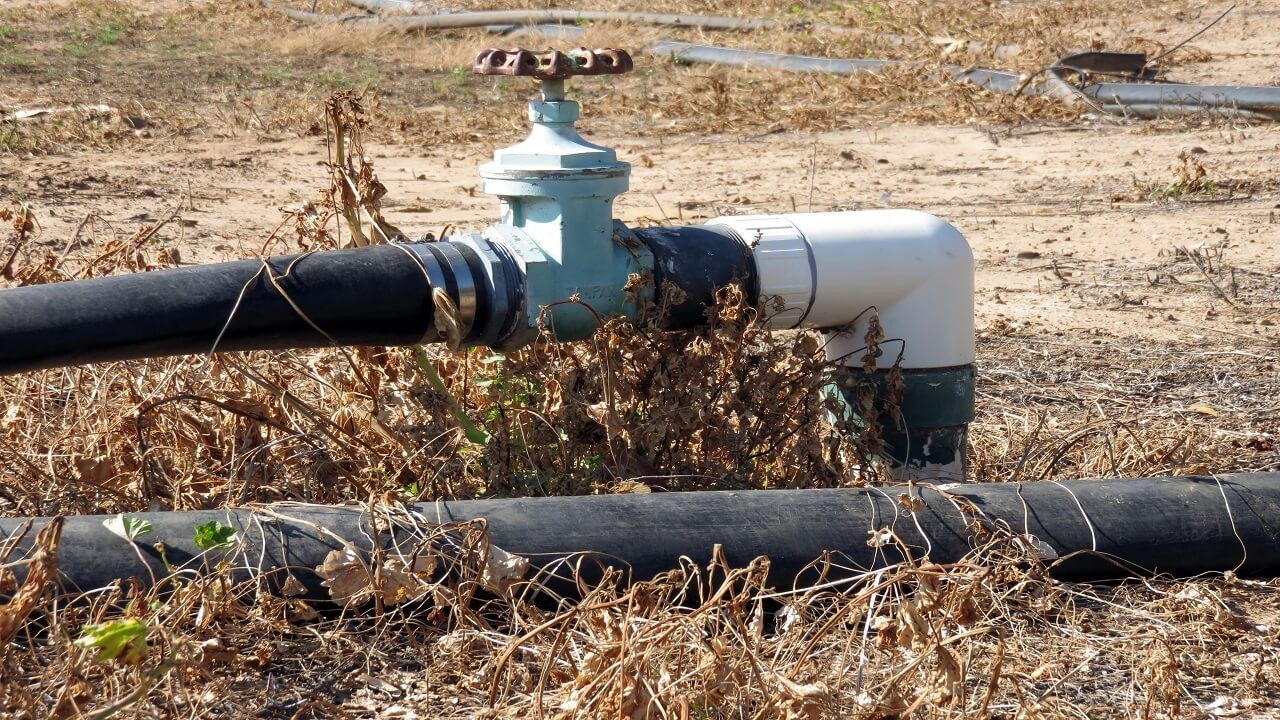
Water Quality for Greenhouse Crop Production
September 14, 2023, 2:18 pm
Irrigation water quality is a critical factor for production of greenhouse crops. There are many factors which determine water quality. Among the most important are alkalinity, pH and soluble salts.
Water Quality for Greenhouse Crop Production
But there are several other factors to consider, such as whether hard water salts such as calcium and magnesium or heavy metals that can clog irrigation systems or individual toxic ions are present. In order to determine this, water must be tested at a laboratory that is equipped to test water for irrigation purposes.
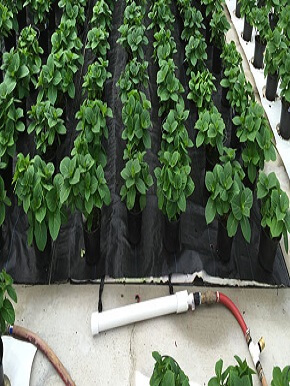
Poor quality water can be responsible for slow growth, poor aesthetic quality of the crop and, in some cases, can result in the gradual death of the plants. High soluble salts can directly injure roots, interfering with water and nutrient uptake. Salts can accumulate in plant leaf margins, causing burning of the edges. Water with high alkalinity can adversely affect the pH of the growing medium, interfering with nutrient uptake and causing nutrient deficiencies which reduce plant health.
Reclaimed water, runoff water, or recycled water may require reconditioning before use for irrigation since disease organisms, soluble salts and traces of organic chemicals may be present.
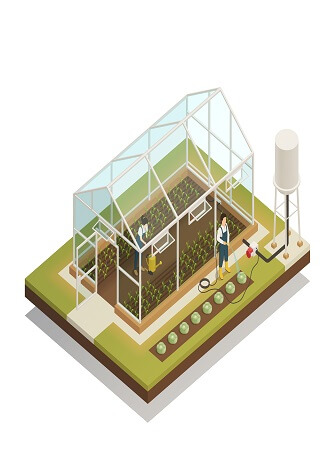
Water quality should be tested to ensure it is acceptable for plant growth and to minimize the risk of discharging pollutants to surface or ground water.
Filters
Suspended solids need to be removed from water to prevent clogging of piping, valves, nozzles and emitters in an irrigation system. Suspended solids include sand, soil, leaves, organic matter, algae and weeds. Ground water, although usually clean, may contain fine particles of sand. All of these can be removed through filtration.
Before selecting a filter, a water analysis should be done. The type and quantity of solids should be determined taking in consideration seasonal changes such as algae growth or spring runoff.
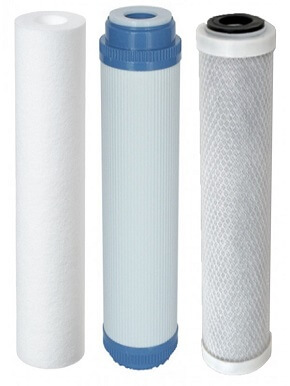
Other considerations include the flow rate needed to supply the irrigation system and the level of filtration needed to determine the type of filter. Screen or disk filters work well for most applications. A 200 mesh filter is usually recommended for micro-irrigation. The filter should be sized so that the flow rate is large enough to handle the peak demand. Maintenance of a filter is important. Installing pressure gauges on both sides of the filter will indicate when it is becoming clogged. When the pressure variation between the two gauges exceeds about 10% the filter should be cleaned.
pH and Alkalinity
Alkalinity and pH are two important factors in determining the suitability of water for irrigating plants. pH is a measure of the concentration of hydrogen ions (H+) in water or other liquids. In general, water for irrigation should have a pH between 5.0 and 7.0. Water with pH below 7.0 is termed "acidic" and water with pH above 7.0 is termed "basic"; pH 7.0 is "neutral". Sometimes the term "alkaline" is used instead of "basic" and often "alkaline" is confused with "alkalinity
Alkalinity is a measure of the water's ability to neutralize acidity. An alkalinity test measures the level of bicarbonates, carbonates, and hydroxides in water from the geologic materials of the aquifer from which the water is drawn, such as limestone and dolomite. Test results are generally expressed as "ppm of calcium carbonate (CaCO3)". The desirable range for irrigation water is 0 to 100 ppm calcium carbonate. Levels between 30 and 60 ppm are considered optimum for most plants.
Irrigation water tests should always include both pH and alkalinity tests. A pH test by itself is not indication of alkalinity. Water with high alkalinity (i.e., high levels of bicarbonates or carbonates) often has a pH value of 7 or above, but water with high pH does not always have high alkalinity. This is important because high alkalinity exerts the most significant effects on growing medium fertility and plant nutrition.
Potential Adverse Effects of Water Quality on Nutrition
In most cases irrigating with water having a "high pH" causes no problems as long as the alkalinity is low. This water will probably have little effect on growing medium pH because it has little ability to neutralize acidity.
Of greater concern is the case where water having both high pH and high alkalinity is used for irrigation. The problem is most serious when plants are grown in small containers because small volumes of soil are poorly buffered to pH change. Therefore, the combination of high pH and high alkalinity is of particular concern in plug seedling trays. Trace element deficiencies such as of iron and manganese and imbalances of calcium (Ca) and magnesium (Mg) can result from irrigating with high alkalinity water.
Potential Beneficial Effects of Water Quality on Nutrition
Water with moderate levels of alkalinity (30-60 ppm) can be an important source of Ca (calcium) and Mg (magnesium) for some greenhouse operators. With the exception of a few fertilizers, many water soluble fertilizers do not supply Ca and Mg. Also, the Ca and Mg from limestone may be inadequate for some plants. Moderately alkaline water could be beneficial as a source of extra Ca and Mg for crops prone to Ca and Mg deficiencies.

Effects of High pH and High Alkalinity on Pesticides
In addition to nutritional disorders of plants, water with high alkalinity can cause other problems. Bicarbonates and carbonates can clog the nozzles of pesticide sprayers and drip tube irrigation systems with obvious effects. The activity of some pesticides, floral preservatives, and growth regulators is markedly reduced by high alkalinity.
When some pesticides are mixed with water they must acidify the solution to be completely effective. Additional acidifier may be needed to neutralize all of the alkalinity. If water pH is above 7.0, and the chemical requires a lower pH, a buffering (acidifying) agent should be added to lower the pH of the water for mixing the spray. Buffering agents can be obtained from greenhouse and nursery supply companies. Buffering agents should not be used with pesticides containing fixed copper or lime such as copper sulfate, or lime sulfur.
Too much buffer should not be used as it may cause the water to become too acid and phytotoxicity may result. A pH of 6.0 is satisfactory for most pesticides.
Hardness – Calcium and Magnesium
Hardness is an indication of the amount of calcium and magnesium in the water. Calcium and Magnesium are essential elements for plant growth that are reported in parts of element per million parts water (ppm) on a weight basis. Calcium in the range of 40 - 100 ppm, and magnesium in the range of 30 - 50 ppm are considered desirable for irrigation water
If you would like to start greenhouse farming in Nigeria and you need a greenhouse farming business plan or consultation service, please send a mail to agsolutions@agricdemy.com
With our greenhouse farming business plan, you will learn:
- The different greenhouse sizes available and the materials required to build them
- The different fruits and vegetables you can grow in the greenhouse and their yields
- The cost of building and constructing a greenhouse based on the size you want
- Profit and loss estimates for the first three years of running one unit of greenhouse
- Vegetable and fruit market analysis in Nigeria
- Marketing and sales strategy for running a successful greenhouse in Nigeria
- Personnel required to operate your greenhouse, key milestones and so much more!
For a payment of N50,000 you can get our greenhouse farming business plan. To purchase our greenhouse farming business plan, send a mail to agsolutions@agricdemy.com
If you want to learn more about greenhouse farming, check out these articles in our Greenhouse Farming section and watch our Greenhouse Farming video tutorials.
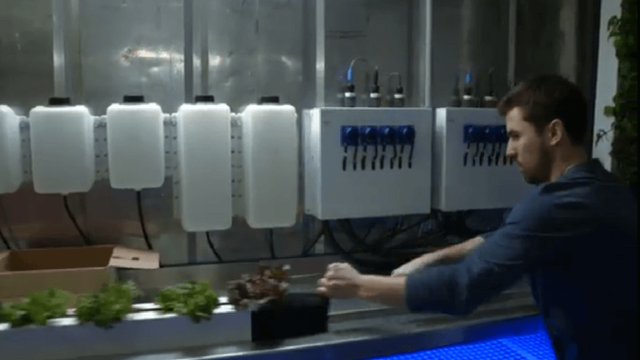
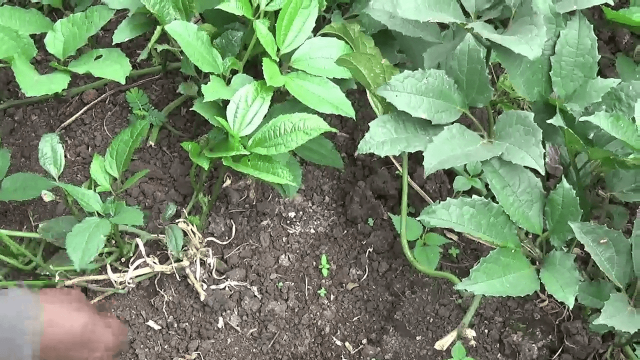
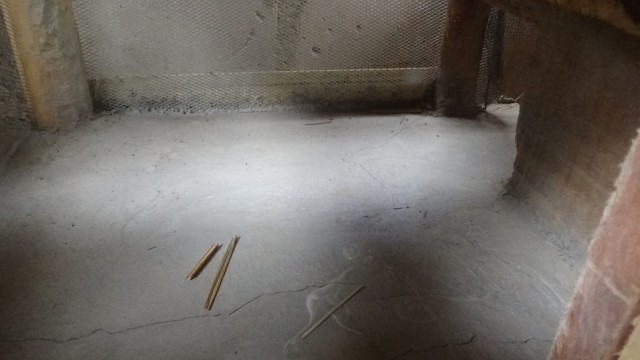
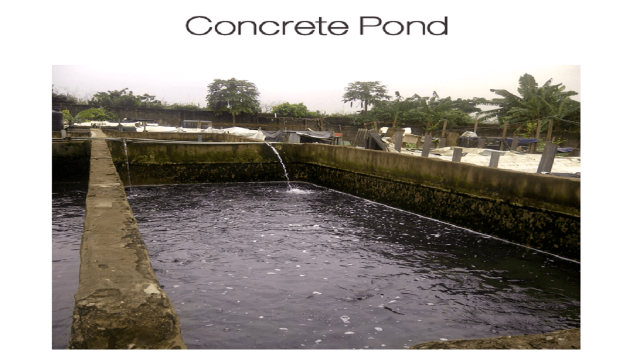
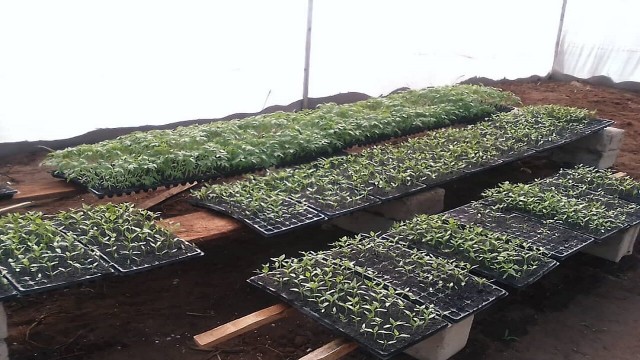
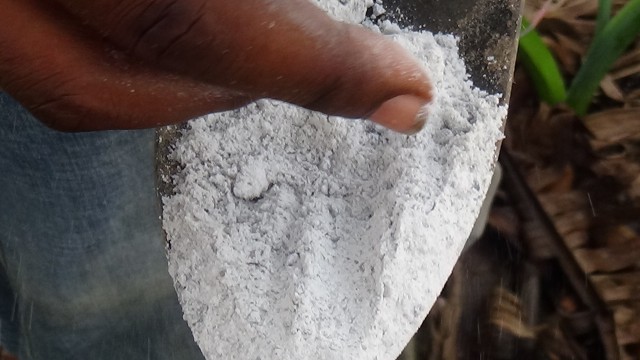






Share This Article: